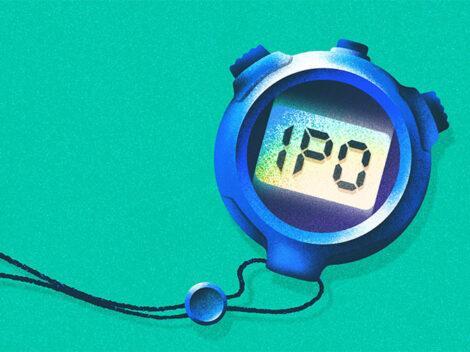For a long time, people have dealt with the hassle of cables, and many attempts have been made to eliminate them.
Follow Crunchbase News on Twitter & Facebook
Apple excited its fans with wireless charging pad for iPhone 8 and iPhone X last week, but people realized later that the on the pad solution isn’t new. Moreover, in the case of the pad, taking out wires doesn’t make charging that much easier.
Pi, the startup that won TechCrunch Disrupt SF’s Startup Battlefield this year, claims to solve all of the above problems. The company was founded by two MIT students, who named their creation after their alma mater’s celebrated symbol. John MacDonald (a doctor at MIT’s Media Lab) and Lixin Shi (a PhD student at MIT’s Computer Science & AI Lab), both of whom were looking into wireless charging solutions, met at the school and immediately clicked.
Using his research on magnetic fields, Shi and his team designed Pi in a way that allows you to charge multiple devices at any direction within a foot.

The startup plans to generate revenue through directly selling hardware to customers and partnering with electronics companies. On the Battlefield stage, MacDonald revealed that ten consumer electronics brands worldwide have reached out to them, and over 8,500 people have reserved the Pi charger online. Though the team has not yet set an exact retail price, they expected it to be under $200 and out by 2018.
To date, Pi has raised a $3 million seed round from four investors: Eniac Ventures, NextView Ventures, SK Ventures, and Slow Ventures.
However, generous funding does not shield Pi from its competitors, who are also trying to optimize wireless charging. WiTricity, which spun out of a lab at MIT in 2007, uses magnetic resonance; the firm has gone beyond mobile devices, bringing wireless charging to cars and laptops. Energous launched WattUp at CES this year. Utilizing radio waves, the charger can power your device up to 15 feet away.
Whether Pi will stand out amongst various players seeking to commercialize wireless charging still remains to be seen. In addition, the company probably needs to address portability somewhere down the line; as of now, the bulky cone is not ideal for carrying to a cafe or the office.
Header image credit: Brendan Carruthers

Stay up to date with recent funding rounds, acquisitions, and more with the Crunchbase Daily.





![Illustration of a guy watering plants with a blocked hose - Global [Dom Guzman]](https://news.crunchbase.com/wp-content/uploads/quarterly-global-3-300x168.jpg)
67.1K Followers